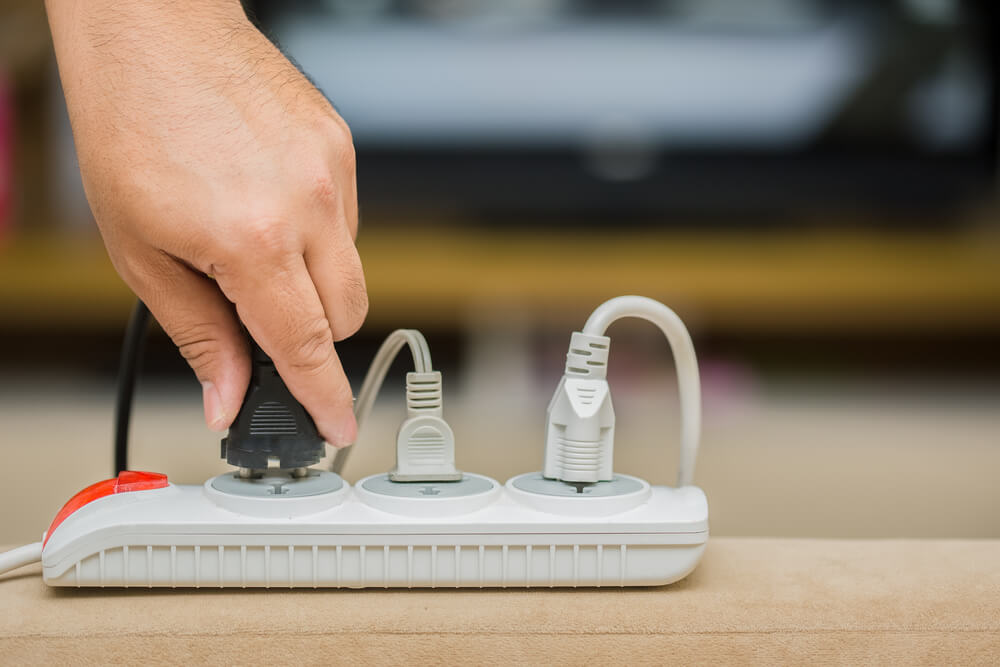Saving energy isn’t just good for the planet—it’s great for your wallet, too. Whether you’re looking to make big renovations or just tweak your daily habits, there are plenty of ways to reduce the amount of energy your home uses and consumes on a regular basis. You just have to be strategic and intentional about doing it.
When it comes to energy efficiency, there are three categories homeowners like yourself should be using to think about these topics:
- Major renovations that have a significant impact
- Small changes that can deliver oversized results
- Everyday habits that add up and compound over time
Since different homeowners have different budgets and needs, we’re going to look at a few ideas in each of these three categories.
1. Major Renovations for Maximum Impact
- Upgrading to Energy-Efficient Windows. One of the most effective renovations you can make is replacing old, leaky windows with energy-efficient ones. Modern windows come with double or triple-pane glass, low-emissivity (low-E) coatings, and improved framing materials. All of these factors combine together to reduce heat transfer, which keeps your home warmer in winter and cooler in summer. This upgrade can really reduce the need for heating and cooling, which leads to fairly substantial savings on your energy bills.
- Adding Extra Insulation. Insulation acts like a thermal barrier for your home, keeping warm air out during the summer and in during the winter. Upgrading your attic, walls, and floor insulation can significantly improve your home’s energy efficiency. The key is to focus on areas where heat loss is significant, such as the attic and exterior walls, to get the most out of this renovation. Another option is to upgrade your siding to something like insulated vinyl siding, which makes your home more energy efficient by protecting against heat loss in the winter months.
- Installing Solar Panels. Solar panels are a game-changer for reducing your reliance on non-renewable energy sources. By harnessing the power of the sun, you can generate your own electricity and potentially even sell excess power back to the grid. While the initial investment can be significant, the long-term savings and environmental benefits make solar panels a smart consideration for any energy-conscious homeowner.
2. Small Changes with Big Results
- Adjusting Your Thermostat. This is going to sound pretty obvious, but one of the easiest ways to be more energy efficient is by being mindful of your heating and cooling habits. Adjusting your thermostat by just a few degrees can lead to pretty noticeable savings on your energy bills. During the winter, try setting your thermostat to 68 degrees Fahrenheit when you’re awake and lowering it while you’re asleep or away from home. In the summer, do the opposite by keeping your home warmer when you’re not there.
- Using Energy-Efficient Appliances. Appliances account for a significant portion of your home’s energy consumption. When it’s time to replace them, opt for energy-efficient models that use less electricity and water. One suggestion is to look for products with the ENERGY STAR label, which signifies they meet strict energy efficiency guidelines set by the EPA.
- Being Smarter About Water Usage. Water heating is a major energy expense. You can reduce this cost by taking shorter showers, fixing leaks promptly, and installing low-flow fixtures. Additionally, using cold water for laundry and only running the dishwasher when it’s full can yield energy savings.
3. Everyday Habits
- Mindful Electricity Use. Be smart about your electricity use by turning off lights when you leave a room and unplugging devices that aren’t in use. Consider switching to LED bulbs, which use at least 75 percent less energy and last 25 times longer than incandescent lighting.
- Regular Maintenance. Keeping your HVAC system and appliances in good working order can improve their efficiency. Regular maintenance, such as changing air filters, cleaning ducts, and servicing your heating and cooling systems, can prevent energy from being wasted and also extend the life of your equipment. (It’s one of the smartest investments you can make.)
- Creating an Energy-Efficient Environment. Think about the overall environment of your home. If you have large windows or sliding glass doors, you can use thermal curtains to insulate them. You can also seal gaps and cracks to prevent drafts. Little details like this all go a long way over time.
Set Yourself Up for Success
Your home probably wasn’t built with energy efficiency in mind. However, there are plenty of ways you can retroactively make your property less of an energy hog. As this article shows, there are both big and small ways to do it. Your mission is to find a couple of items on this list that apply to your home and then put them into action.

